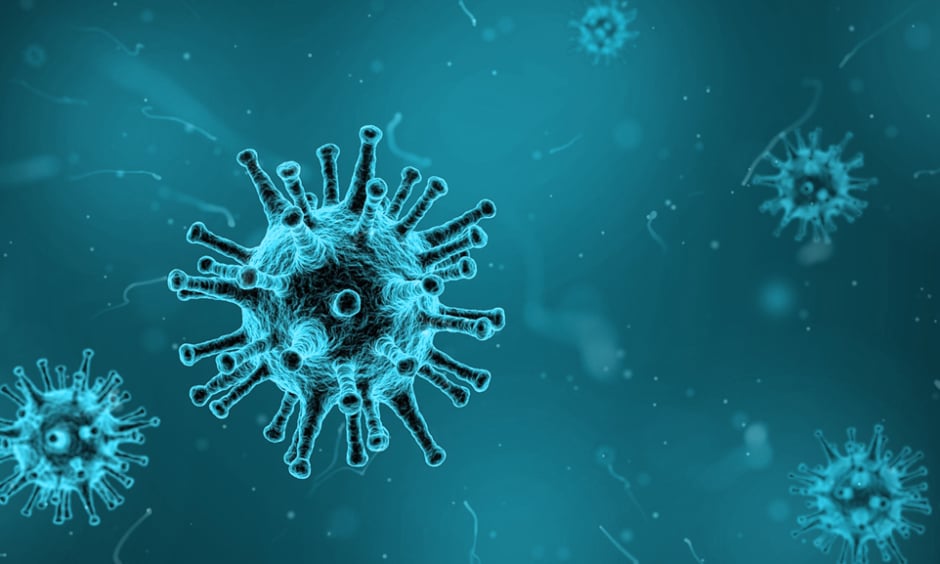A STRAIN of bacteria on the skin has the ability to inhibit the growth of skin cancer through the production of a chemical compound, according to researchers from University of California San Diego, San Diego, California, USA. The study authors believe the findings could lead to the chemical being utilised to prevent cancer in the future.
Staphylococcus epidermis
A strain of Staphylococcus epidermis was found to both prevent the spread of transformed tumour cells and inhibit development of skin tumours in a mouse model by producing the 6-N hydroxyaminopurine (6-HAP), a molecule that causes DNA synthesis. In the study, mice were exposed to cancer-causing ultraviolet (UV) rays; it was observed that mice with S. epidermis on the skin that did not produce 6-HAP developed many skin tumours in contrast to those mice in whom the bacteria did produce the compound.
Tumour Suppression
Additionally, when mice were transplanted with melanoma cells, the tumour size was suppressed by over 50% in mice receiving injections of 6-HAP intravenously every 48 hours over a 2-week period compared with controls. The chemical did not appear to be toxic to normal cells.
“We have identified a strain of S. epidermis, common on healthy human skin, that exerts a selective ability to inhibit the growth of some cancers,” explained Prof Richard Gallo, University of California San Diego. “This unique strain of skin bacteria produces a chemical that kills several types of cancer cells but does not appear to be toxic to normal cells.”
Next Steps
The next stage of research is to understand how 6-HAP is produced and whether it can be used to prevent certain types of cancer in humans.
Skin Microbiome
The new study also adds to research outlining the role of skin bacteria in fighting disease. “There is increasing evidence that the skin microbiome is an important element of human health. In fact, we previously reported that some bacteria on our skin produce antimicrobial peptides that defend against pathogenic bacteria such as Staphylococcus aureus,” added Prof Gallo.
James Coker, Reporter
For the source and further information about the study, click here.







